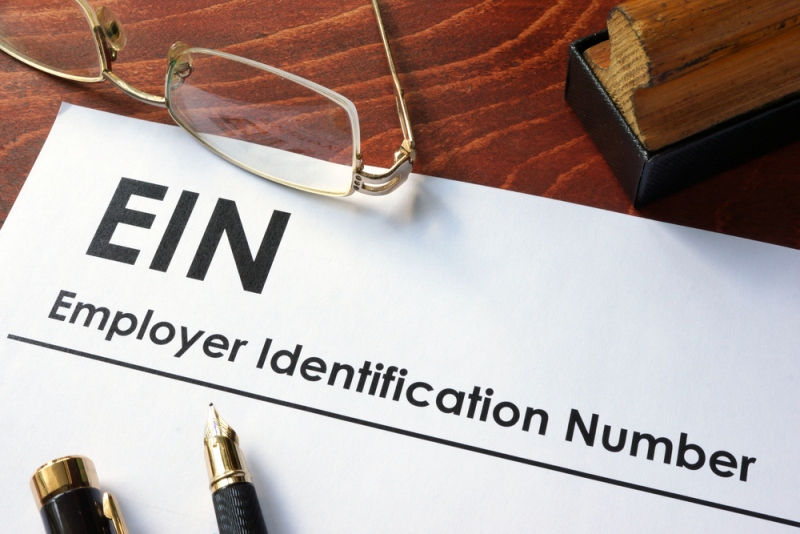As a mortgage loan originator, you may be aware that the SAFE Act requires you to complete NMLS mortgage CE on an annual basis. Of the eight hours of continuing education that you have to complete in total per year, five hours relate specifically to lending ethics and to federal law.
The section on lending ethics will likely focus on at least two broad categories: consumer protection and fair lending. To help you better understand what will be expected of you during your continuing education course, here is a brief overview of each of these categories.
Consumer Protection
As a mortgage lender, you may think in terms of risks and rewards. You take a risk every time you loan principle to a borrower, but the borrower takes a risk too. Most borrowers do not have in-depth knowledge about how mortgages work before taking out a loan. An unscrupulous lender could take advantage of this relative ignorance to sell a borrower on a loan product he or she does not need or providing the borrower obfuscating documentation to sign.
The federal government has enacted a number of consumer protection programs to regulate mortgage activity, prevent a lender from taking advantage of a borrower, and improve the overall transparency of the mortgage process. For example, the Dodd-Frank Act improves the content and clarity of mortgage disclosures according to the “Know Before You Owe” rule.

Fair Lending
Fair lending practices seek to level the playing field so that everyone seeking to take out a mortgage receives the same treatment and consideration. Unfortunately, a lender may sometimes attempt to deny a customer products or services on the basis of factors that do not affect their ability to pay back the loan, such as sex/gender, religion, race/color, familial status, etc. Such practices are blatantly discriminatory. As such, both the Equal Credit Opportunity Act and the Fair Housing Act strictly prohibit them.
Nevertheless, sometimes there is no intent to discriminate, but a lender’s policies may affect certain applicants in a disproportionately negative way. This is called disparate impact, and it can do just as much damage as practices that are overtly discriminatory.
When you study fair lending and consumer protection as part of your continuing education, you may find that there is significant overlap between the two. In a way, they are two sides of the same coin, ensuring that everyone has equal access to and understanding of mortgage products.




